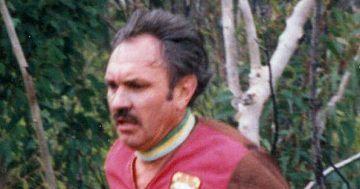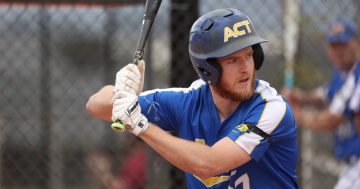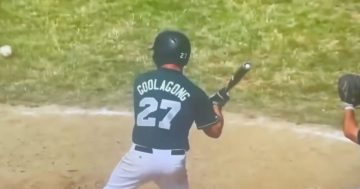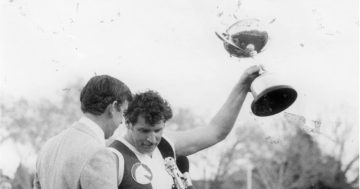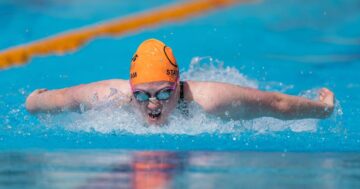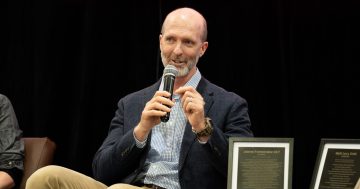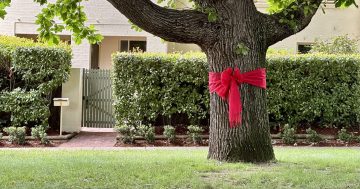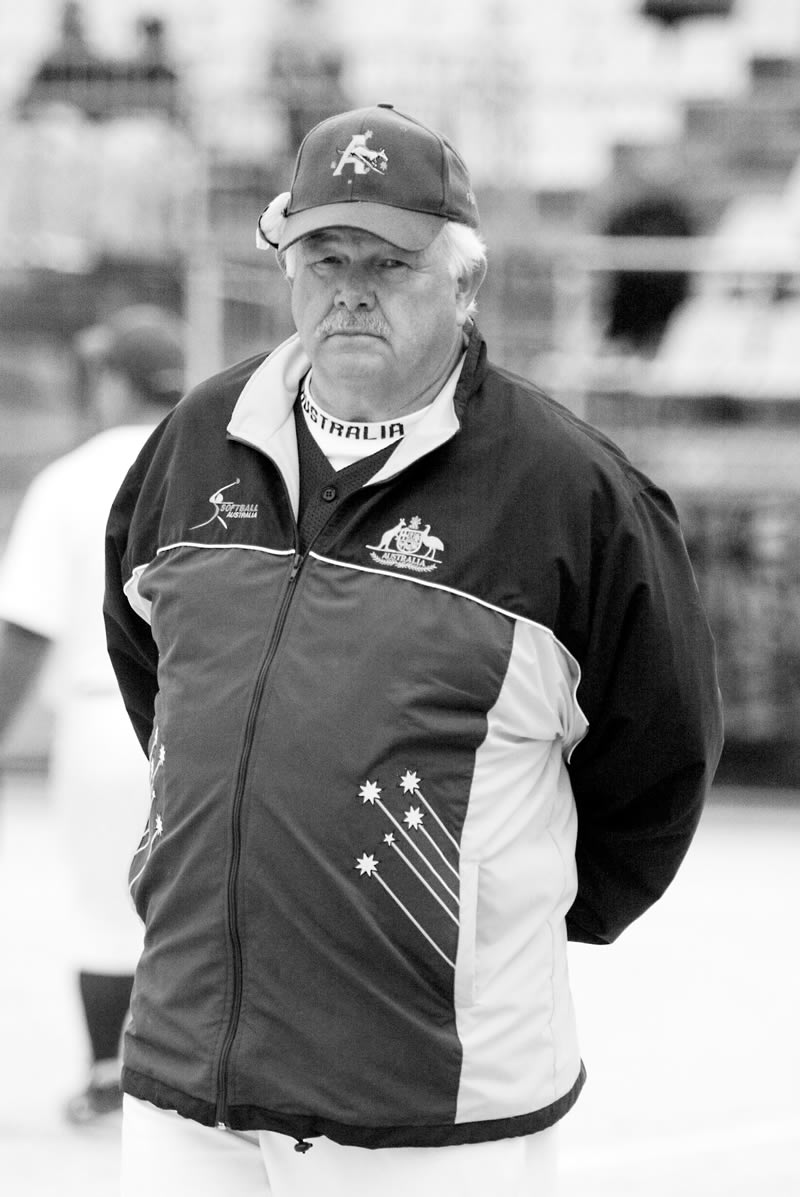
Bob Harrow coached the Australian men’s team, the Steelers, to the world title in 2009. Photo: ACT Sports Hall of Fame.
Bob Harrow’s dream of a national softball league featuring the top male and female players in Australia came to fruition in 1989.
By his own admission, it was a hard sell in Canberra. He was up against the Raiders juggernaut, but Bob’s enthusiasm for softball won through and the sport became mainstream.
To a certain extent, Canberra was a microcosm of Bob’s influence on softball in Australia.
When he coached the Australian men’s team, the Steelers, to its world title in 2009, it cemented his place as a global giant in the sport. Two years later, he was inducted into the World Softball Hall of Fame.
The origins of Bob’s impact on Canberra sport came in 1986 when he was recruited from Ontario, Canada, to coach in the ACT.
For the next two decades, he coached softball at every level in Australia, guiding the ACT open men’s team to the national title five times.
I remember speaking to him multiple times over the years. More often than not, the location for television interviews was the Jerrabomberra General Store, which he took over in 1991.
His passion for the sport, players, and community shone through with his thick Canadian accent. It was infectious.
Not content with coaching the Australian open men’s team, Bob founded the Jerrabomberra Softball Association.
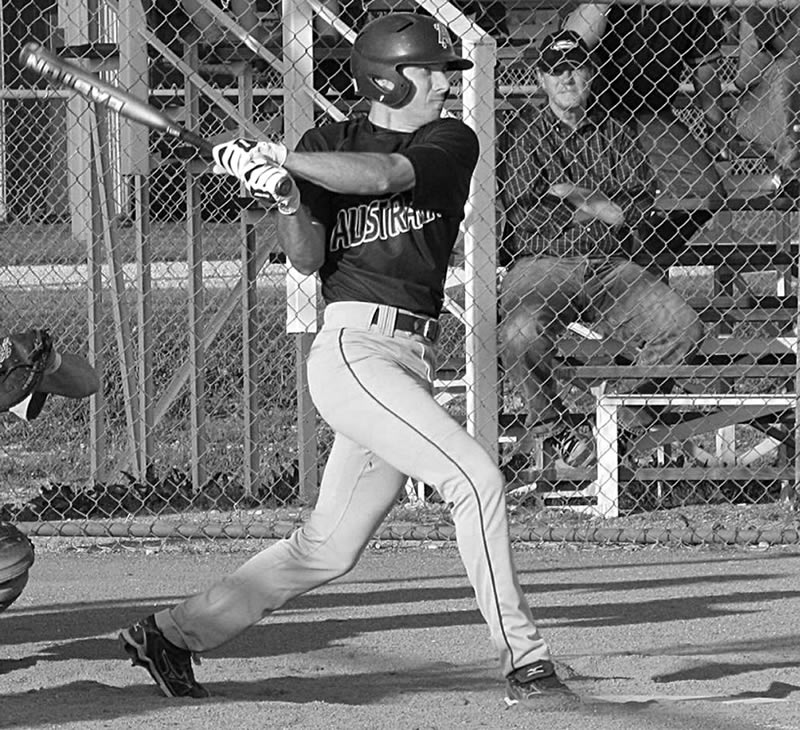
Mike Harrow played 22 consecutive Australian Open Men’s Championships winning nine National titles. Photo: ACT Sport Hall of Fame.
And his impact on Canberra sport extends even further through his two sons, Mike and Laing, who both played softball and ice hockey for Australia.
Laing was a member of the Canberra Knights in 1998 when they won the prestigious Goodall Cup ice hockey title. He also coached the Australian women’s team to the Tokyo Olympics.
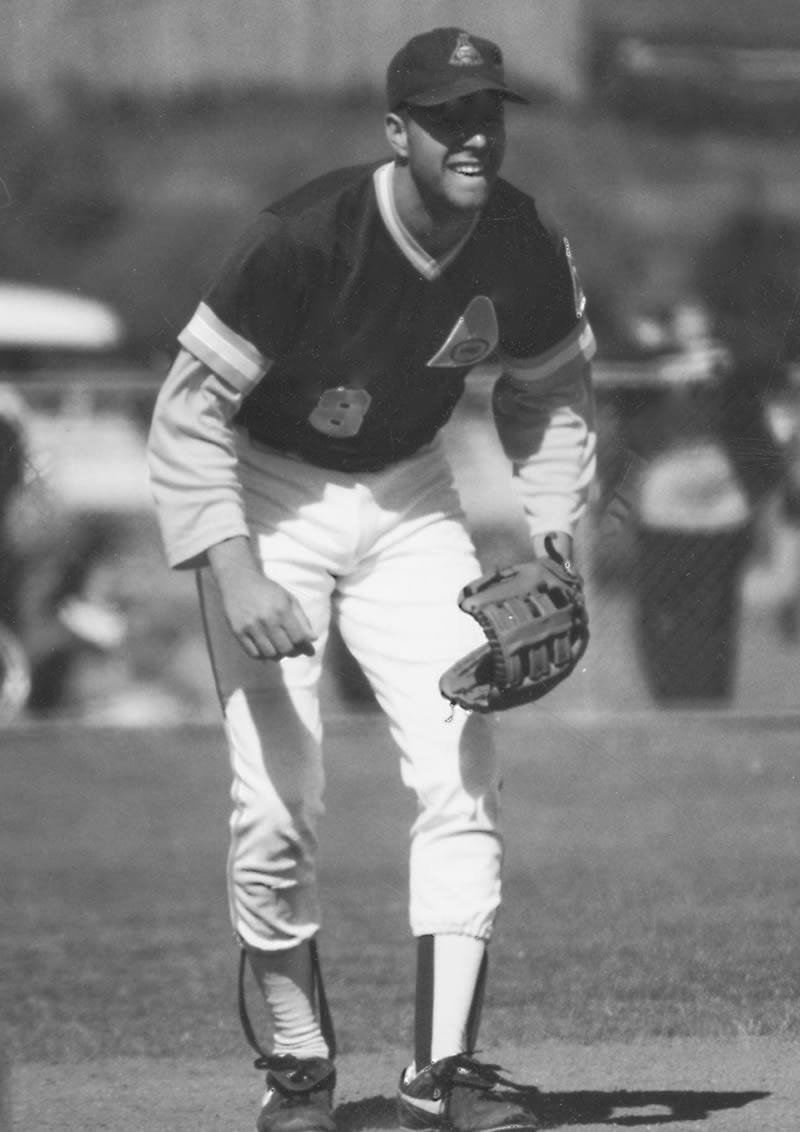
In addition to softball, Laing Harrow also excelled at ice hockey. Photo: ACT Sport Hall of Fame.
The influence of the Harrow family on Canberra sport has been enormous.
Bob Harrow has been honoured with many awards and titles. He was named Australian Softball Coach of the Year in 2004 and 2009. In 2005 he was inducted into the ACT Hall of Fame, and in 2010 he was awarded Softball Australia Life Membership. He was president of ACT Softball from 1999 to 2004, and in 2011 he was inducted into the World Baseball/Softball Hall of Fame.
News of his death in Canberra at the age of 77 years has hit the sporting and wider community hard. Tributes have been flowing.
He will be long remembered by many across Canberra and Queanbeyan.












